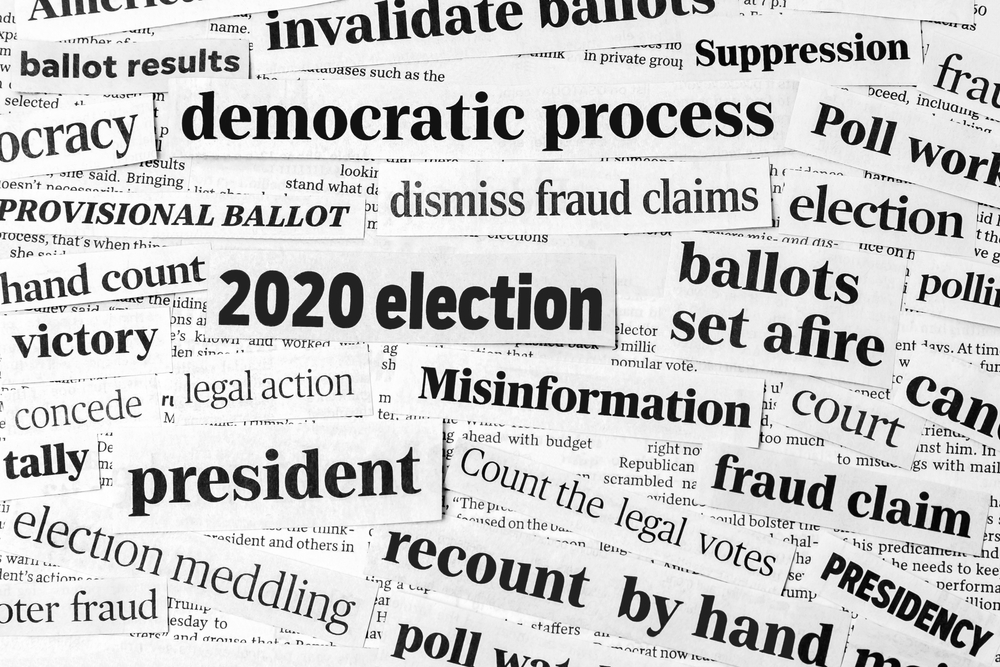Kofi Annan Commission on Elections and Democracy in the Digital Age – Statement on changes to Facebook’s political ads policy
This week Facebook launched the Voting Information Centre for users in the United States in the run-up to the presidential elections in November, with the primary view to increasing voter registration.
The feature will provide users information on how to register to vote, vote, and vote by mail, as well as updates from local authorities on poll locations and voting times. It is a welcome and ambitious effort, and if successful, the goal of helping four million more Americans to vote will be a notable achievement.
In the same announcement Facebook confirmed a series of measures designed to increase transparency around political advertising – measures which align with the recommendations of the Kofi Annan Commission on Elections and Democracy in the Digital Age (link to report) published earlier this year. Specifically, users in the United States will now have the option to opt-out of seeing any ads from political campaigns, candidates or super PACs, and disclaimers will appear on all ads to inform users of who is behind, and who paid for, the message.
As chair and vice-chair of the Kofi Annan Commission on Elections and Democracy in the Digital Age, we welcome these measures because increased transparency around political advertising is critical to protecting electoral integrity in the digital age. Transparency can limit the room for manoeuvre of malicious foreign and domestic actors, reinforce positive practices by political candidates, and increase the accountability of campaigns, super PACs and advocacy groups.
In our report, we noted that more could be done by social media platforms to improve transparency so we welcome Facebook’s sensible and constructive measures on this issue.
To eliminate the worst aspects of political advertising, however, actions by platforms must now be matched by legislation. That is why we urged governments to accept responsibility and define in law what is considered to be a political advertisement and to compel social media platforms to make a public all information involved in the purchase of an ad.
We need now to take this project global; less robust democracies face similar challenges from disinformation and the weaponisation of social media, but lack the institutional capacities of well-established democracies, like the United States.
We must also be aware that welcome as these steps are, they come at a time when the role of social media in promoting divisive and hateful rhetoric, and the implications in the real world, are once again making headlines. While not a remedy for the very real socio-economic problems of the US, greater transparency around political advertising can at least ensure that those who seek to further entrench, or benefit from, polarization and division can be identified and held accountable.



